As a alum of Northwestern University’s Learning and Organizational Change program, I have the great fortune of meeting all kinds of fascinating thought leaders. Jim McGee, is a well-known thinker and practitioner in the knowledge management space. About a month ago, he was a Knowledge Jam panelist discussing Enterprise 2.0, in my Creating and Sharing Knowledge class.
When talking about the curation of knowledge he made a simple, but profound statement: “Before I name a file, organize a folder or create a document I always think about how can I make this easier for my ‘Future Self’ to find, understand and use”.
What a small, yet impactful idea! How many times have I saved a file then days, weeks or months later searched and searched, but couldn’t find it? Or, come across a file, but the content has no context and I can’t figure out what it was about? Thinking about things from a Future Self perspective could definitely save a lot of time.
So since then, I’ve tried putting this in to practice. And I must say, it does take practice. It’s hard to break those old habits. It requires more diligence, but it’s already saved me a couple of times with version control (an ever present evil).
As communicators I think the concept of the Future Self is valuable. Our deliverables often live for a long time in organizations. When we create tools, guidelines and plans we should be thinking with the Future Employee in mind. Let’s face it, turnover is a reality and organizations change rapidly. It’s critically important that we think not only about the current needs of an assignment, but about the later needs of the end user.
This doesn’t just apply to long shelf-life documents. Again, if a future employee, agency or leader were to need a historical perspective on a program launch, an event, or a campaign, they may go digging for those briefly used documents.
We want to make sure that people build off of our experience and our learning and planning for the Future Audience make that possible. It places a focus on charting a path ahead while leaving a trail of breadcrumbs behind. We spend so much time looking forward, we never think about creating points of access to our rich past.
So next time you save a file, create a folder or whip up that power point presentation, think about you in 2 weeks, 6 months and 1 year. Think about how different things will be. Think about the wasted hours searching for the document you never found. Think about your Future Self.

